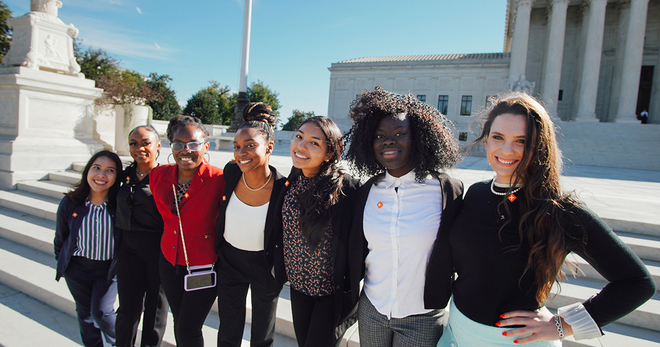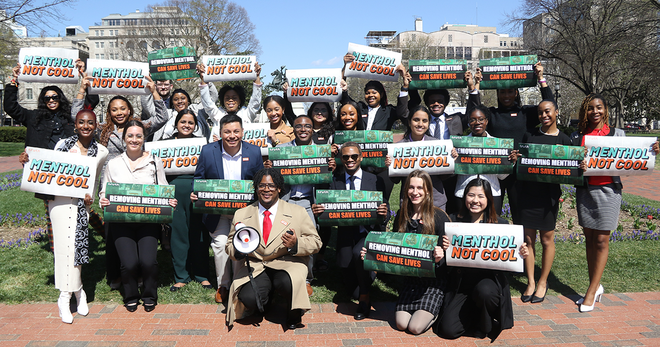Election results: The state of tobacco taxes
Raising the price of tobacco products is one of the most effective ways to drive down the smoking rate, especially among young people.
For example, raising the cost of cigarettes to $10 per pack—the U.S. Surgeon General’s recommended price—would result in 4.8 million fewer smokers between the ages of 12 to 25 years old. Today, the average price of cigarettes is only about $6 per pack, including an average tobacco tax of $1.65 per pack.
Tobacco tax increases were on ballots in four states yesterday: California, Colorado, North Dakota and Missouri. Each of these states has some of the lowest cigarette prices in the country and has not raised tobacco taxes in more than a decade.
How did tobacco taxes fare in the 2016 election?
California:
The Golden State voted to raise their tax on cigarettes by $2 per pack, with 63 percent of voters casting ballots supporting the increase, despite the more than $71 million given by Big Tobacco to defeat the initiative. The measure, Proposition 56, presented the most significant tax increase on the ballot this year and brings California’s cigarette tax to $2.87 per pack. The measure includes equivalent price increases on other tobacco products, including e-cigarettes. The revenue from the tax will primarily go toward health programs and research.
Colorado:
At $5.26 per pack, average cigarette prices in Colorado were among the lowest in the country before the election. After yesterday’s vote to reject a $1.75 cigarette tax increase, prices will stay that way. The ballot initiative also called for a 22 percent tax increase on other tobacco products.
North Dakota:
It has been more than 20 years since North Dakota increased the price of a pack of cigarettes. A proposed $1.76 tax increase was on the ballot this year and, in a state with a population of less than 740,000, tobacco companies spent more than $3.5 million to defeat it. The measure was rejected.
Missouri:
At just 17 cents per pack, Missouri has the lowest cigarette tax in the nation. Two ballot initiatives proposed minor increases that many public health groups said were inadequate and would only help shield tobacco from more meaningful tax increases. Both ballot initiatives were backed by tobacco companies. Neither of the ballot initiatives passed.
More in tobacco prevention efforts
Want support quitting? Join EX Program
By clicking JOIN, you agree to the Terms, Text Message Terms and Privacy Policy.
Msg&Data rates may apply; msgs are automated.



